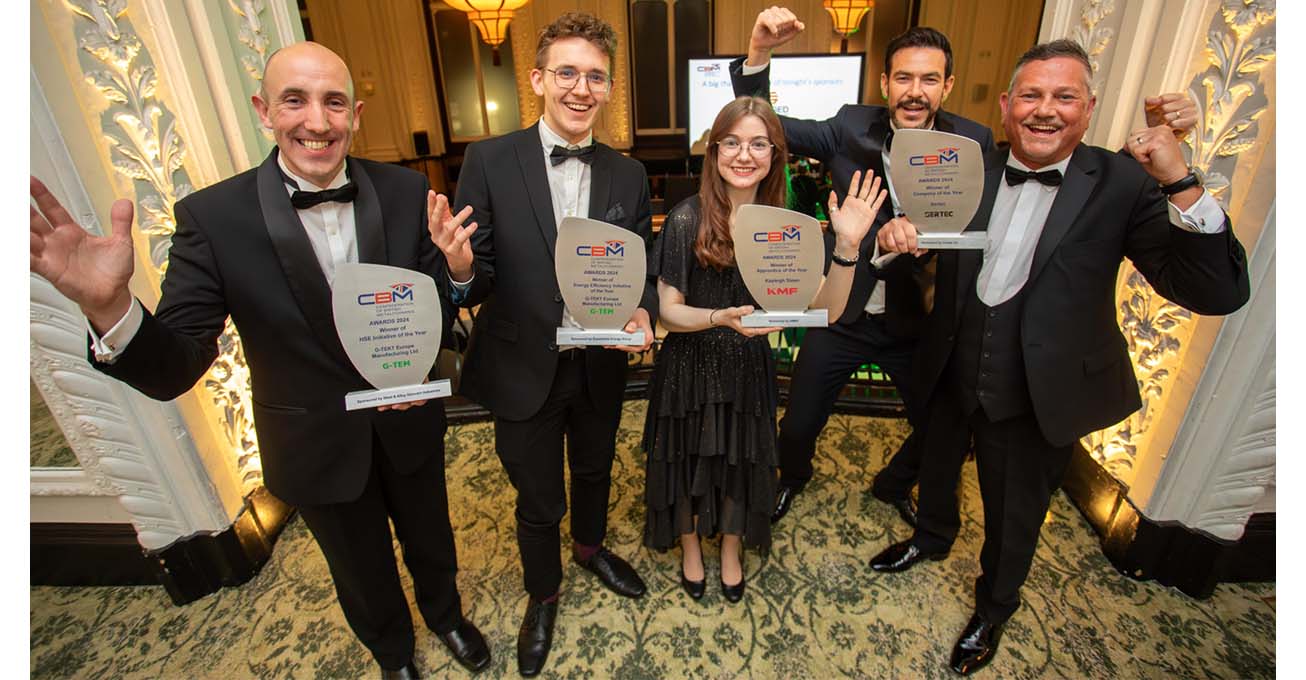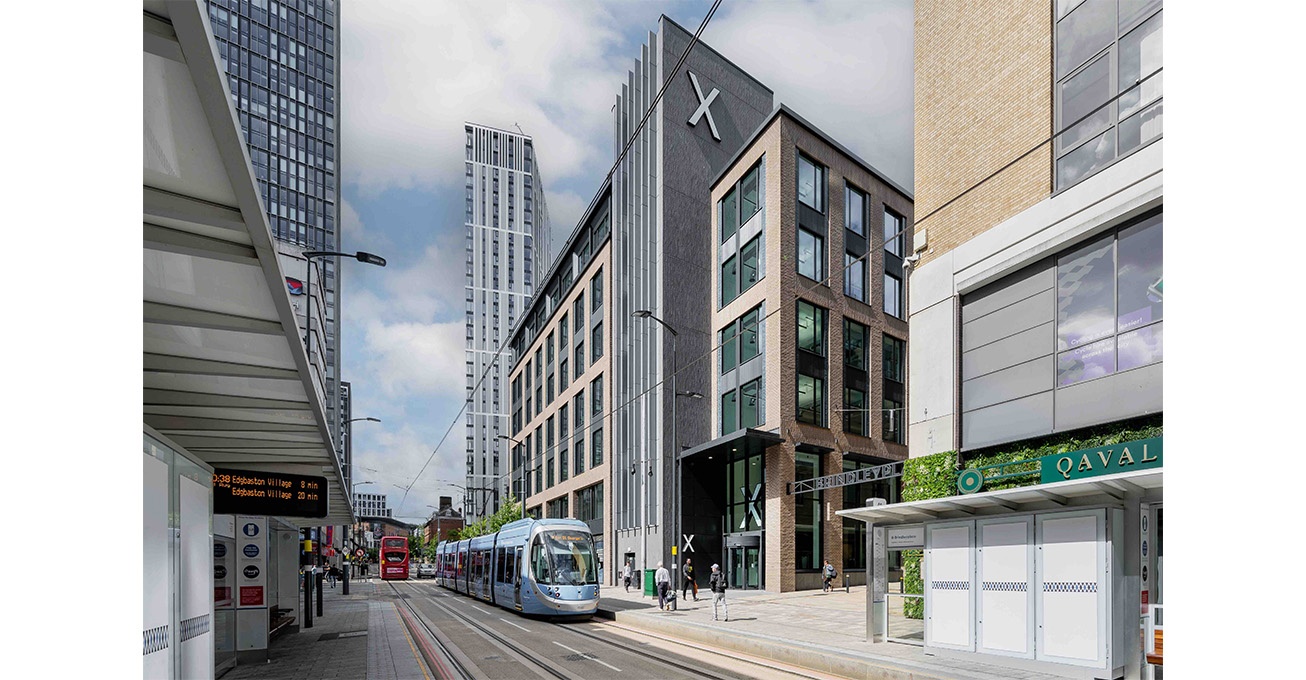
Photo Credit: Shutterstock
By Angela Prentner-Smith, MD and Founder of This is Milk.
As millions tuned in to watch the 96th Academy Awards, what should have been an evening of entertainment was overshadowed by uncomfortable and cringe-worthy moments. From John Cena’s naked antics (too much!) to Emma Stone’s dress mishap (awkward) and the bizarre timing of musical performances, the event left much to be desired. Let’s delve into the reasons behind this discomfort and explore the broader issue of psychological safety at awards ceremonies, drawing from examples from this year’s Oscars.
The Illusion of Inclusion
At first glance, awards ceremonies claim to celebrate diversity and inclusivity, showcasing talents from diverse backgrounds. However, a deeper inspection reveals a different reality. The nomination and selection processes often lack transparency (paying to enter awards as an example) and are tainted by biases, perpetuating systemic inequalities. This breeds mistrust and resentment, fostering competition rather than genuine recognition. For instance, the oversight of talents like Lily Gladstone highlights the flaws in the system, missing opportunities to honour deserving individuals and amplify diverse voices.
The Pressure to Perform
For nominees and attendees, awards ceremonies can be high-pressure events fraught with anxiety, particularly for those of us who identify as being neurodiverse – that’s 1 in 5 people in the UK. When it comes to awards on a global scale, such as the BAFTAs or the Oscars of the Brits, the relentless scrutiny from peers, critics, media, and the public amplify feelings of inadequacy and self-doubt, contributing to mental health challenges. The emphasis on external appearances and superficial success metrics exacerbates these pressures, fostering a culture of perfectionism and comparison that undermines psychological safety.
The Myth of Meritocracy
Despite claims of meritocracy, awards ceremonies are marred by nepotism, cronyism, and favouritism. Behind-the-scenes deals and influence peddling skew the playing field in favour of the privileged few, eroding trust in the fairness of the process. The requirement for nominees to pay entry fees further exacerbates these inequalities, perpetuating systemic biases and marginalising deserving talents.
Time for Change
Given these deficiencies, it’s imperative that awards ceremonies undergo a fundamental re-evaluation to prioritise psychological safety and inclusivity. This requires a shift away from the obsession with external validation toward a more human-centred approach. Organisers, sponsors, and participants must commit to dismantling harmful dynamics and fostering environments where everyone feels valued, included, and supported.
Creating Psychological Safety
Achieving psychological safety in business culture and awards ceremonies demands transparent selection criteria, prioritisation of diversity and inclusion, and a commitment to action. Redefining success beyond external validation and fostering collective responsibility for inclusivity are also crucial. By embracing these principles, organisations and business awards ceremonies can evolve into spaces of genuine celebration and inspiration, where all talents are recognised and valued.
Angela Prentner-Smith is the award-winning Founder and MD of consultancy, training and technology agency This is Milk. The team support clients with psychological safety indexing. To find out more please contact [email protected].






